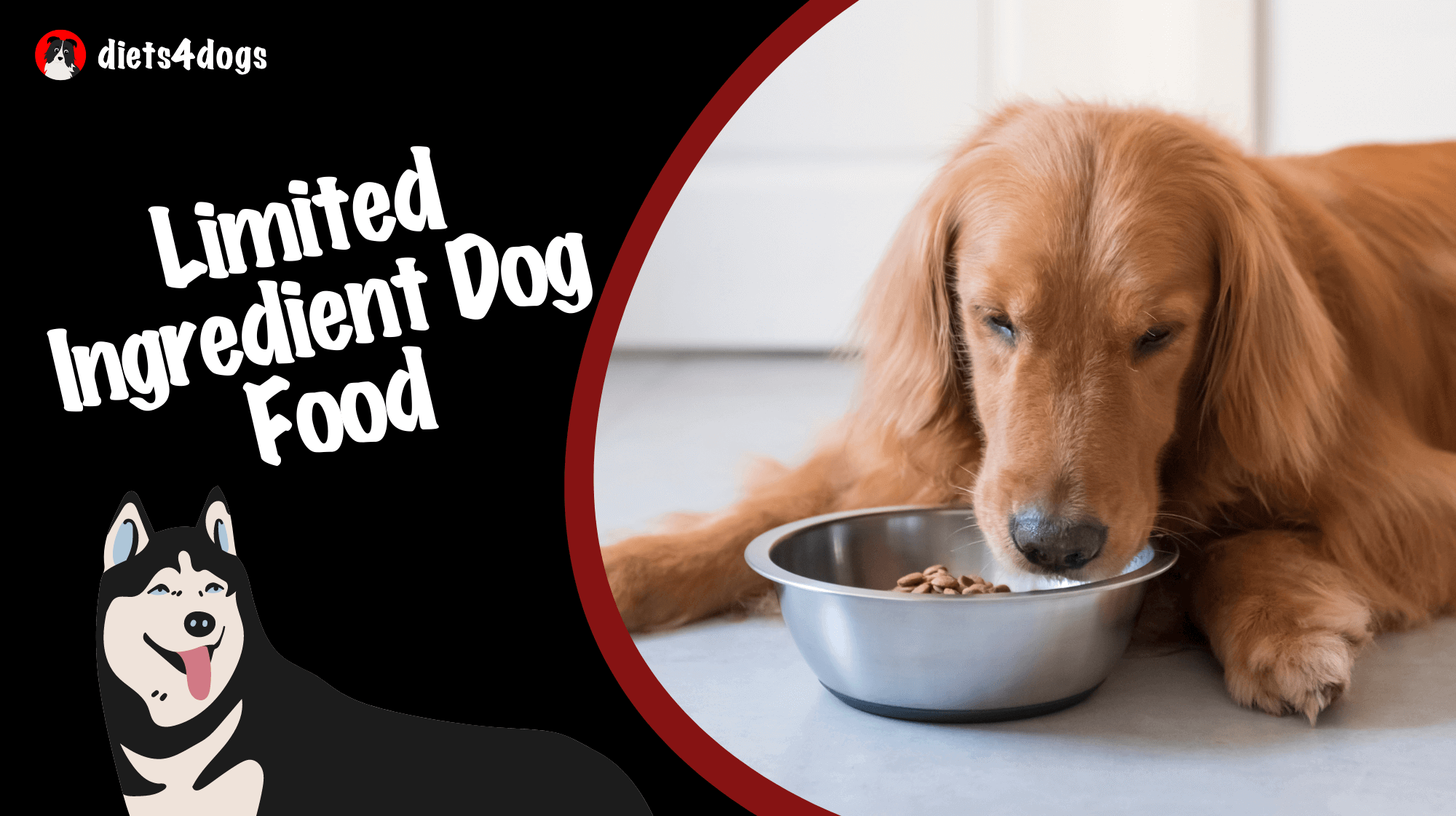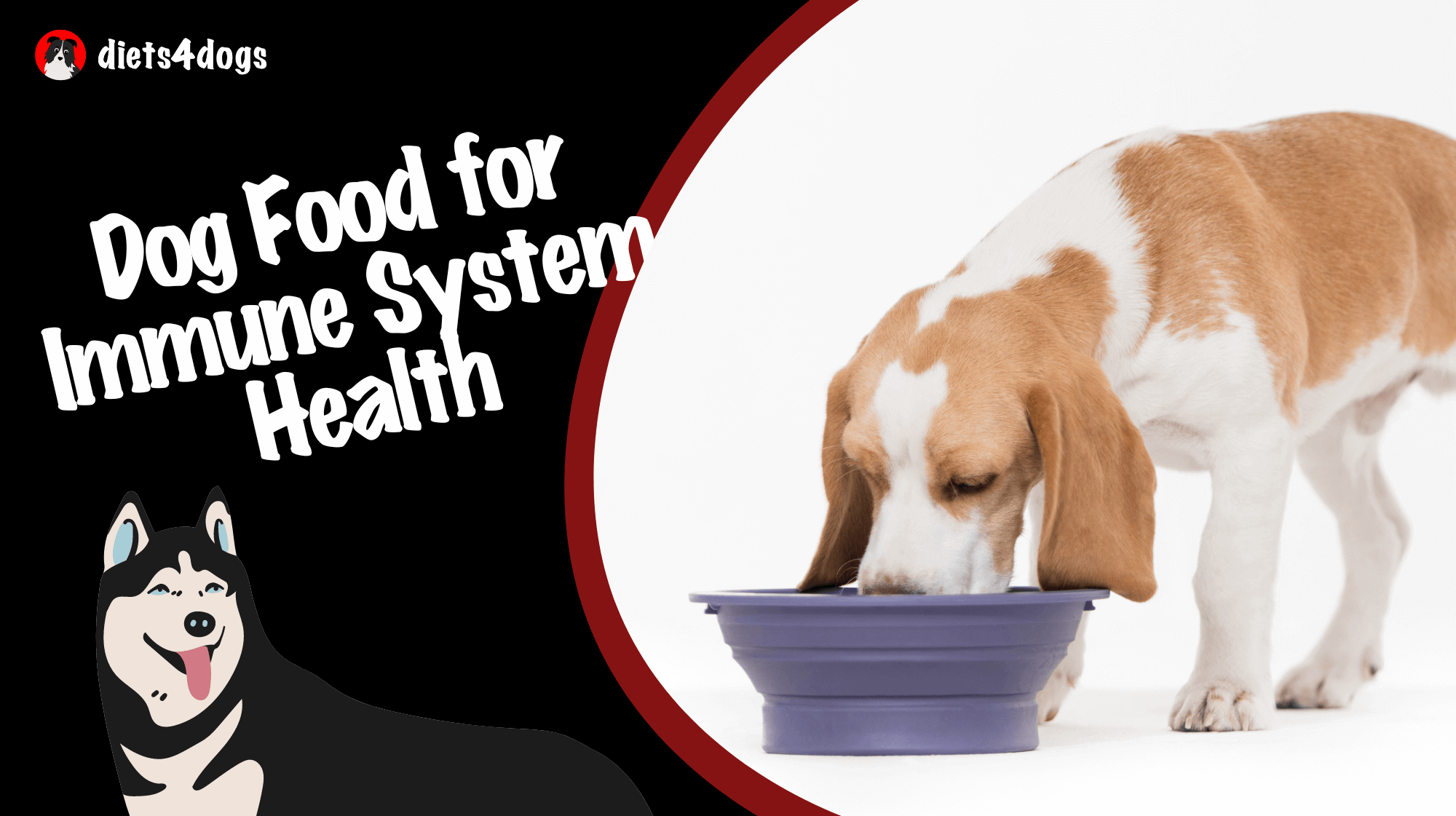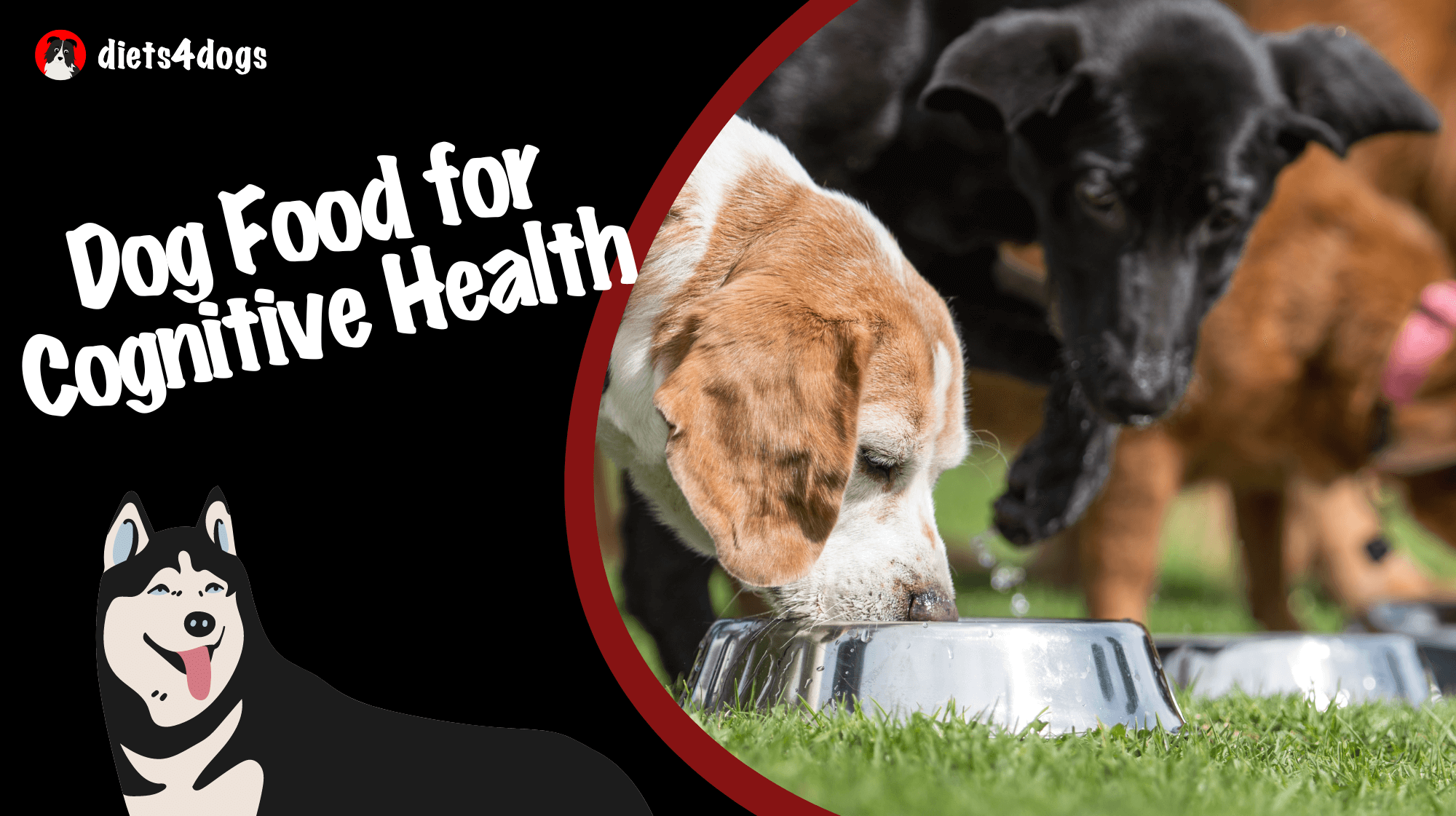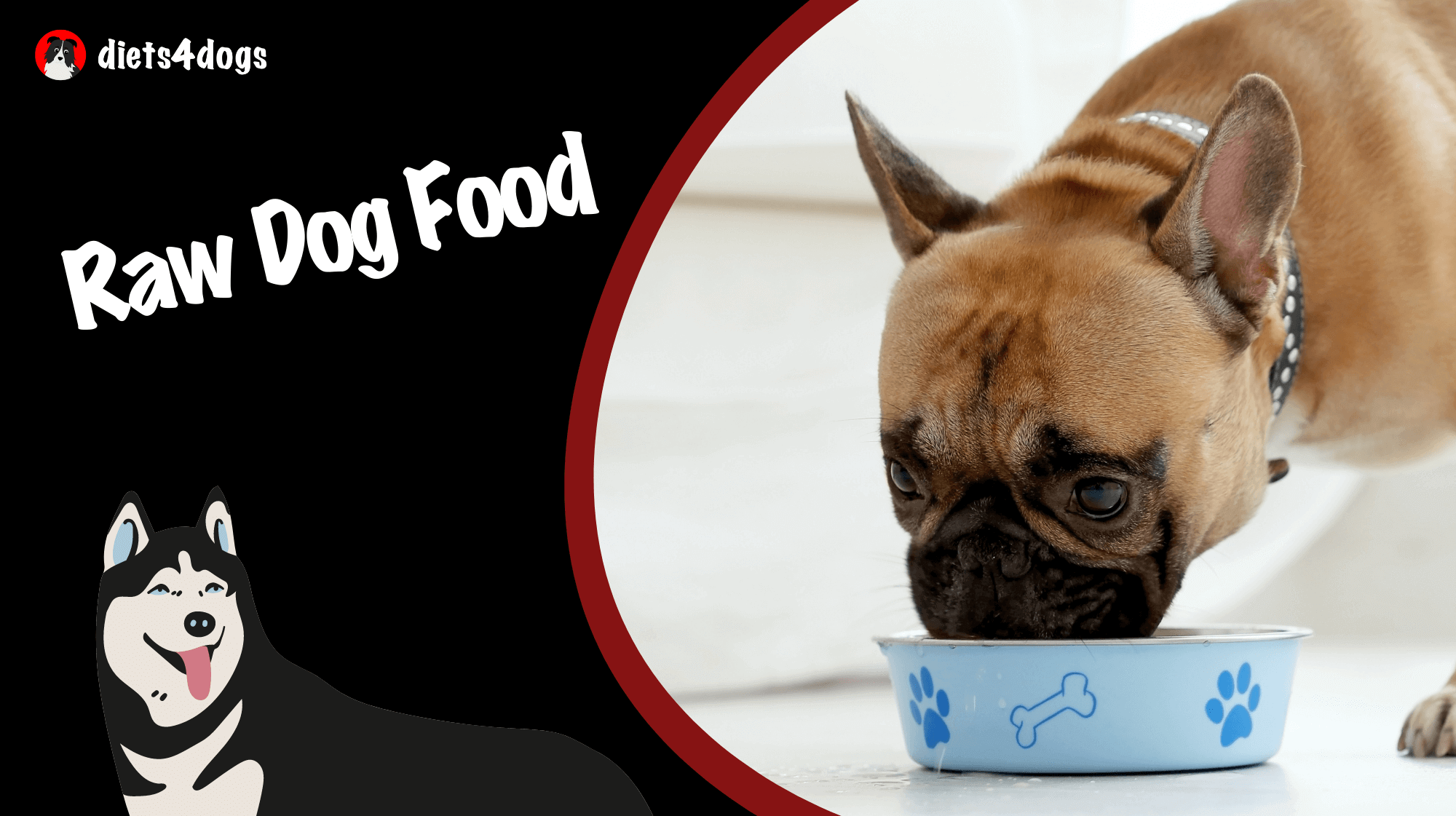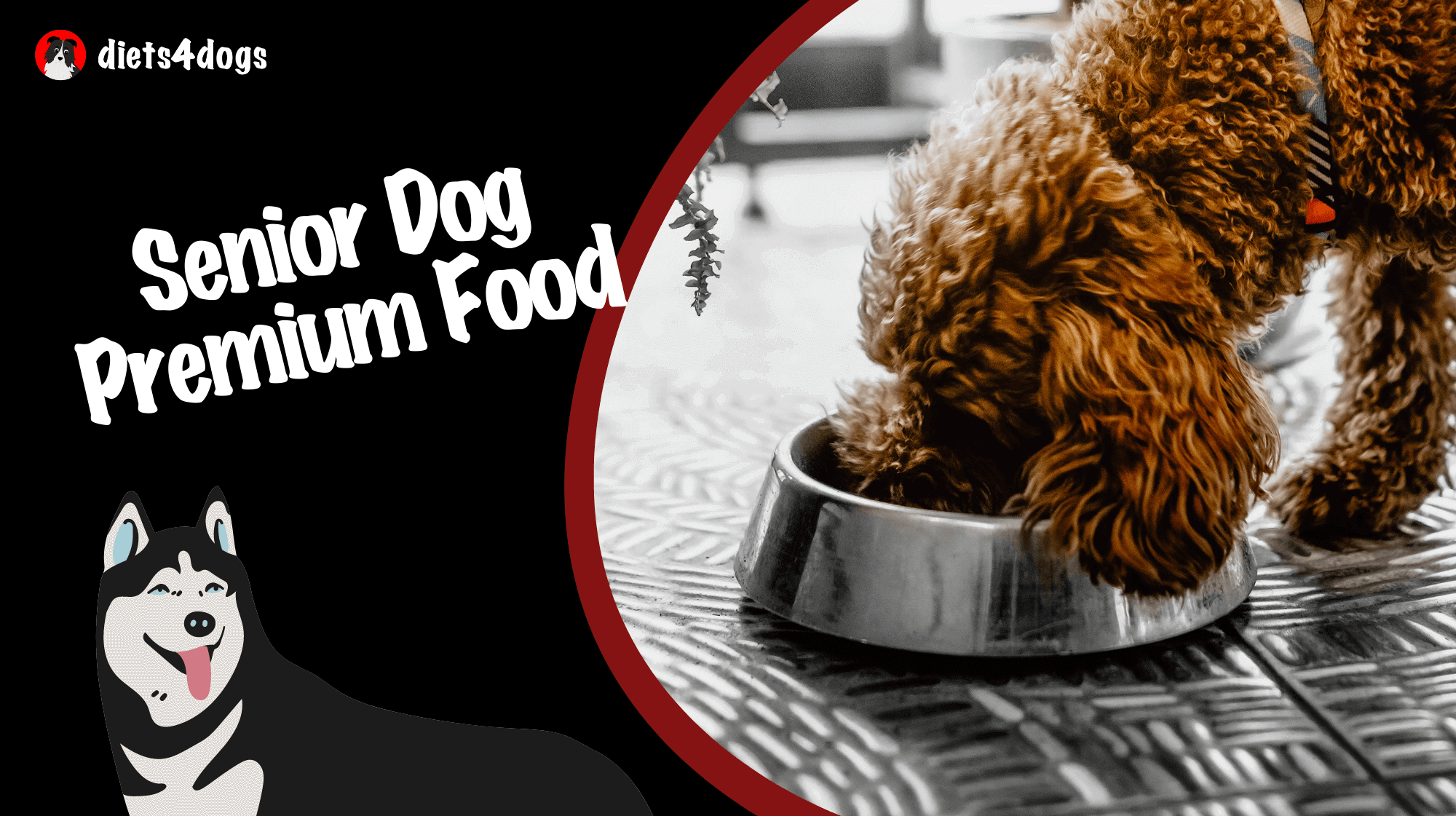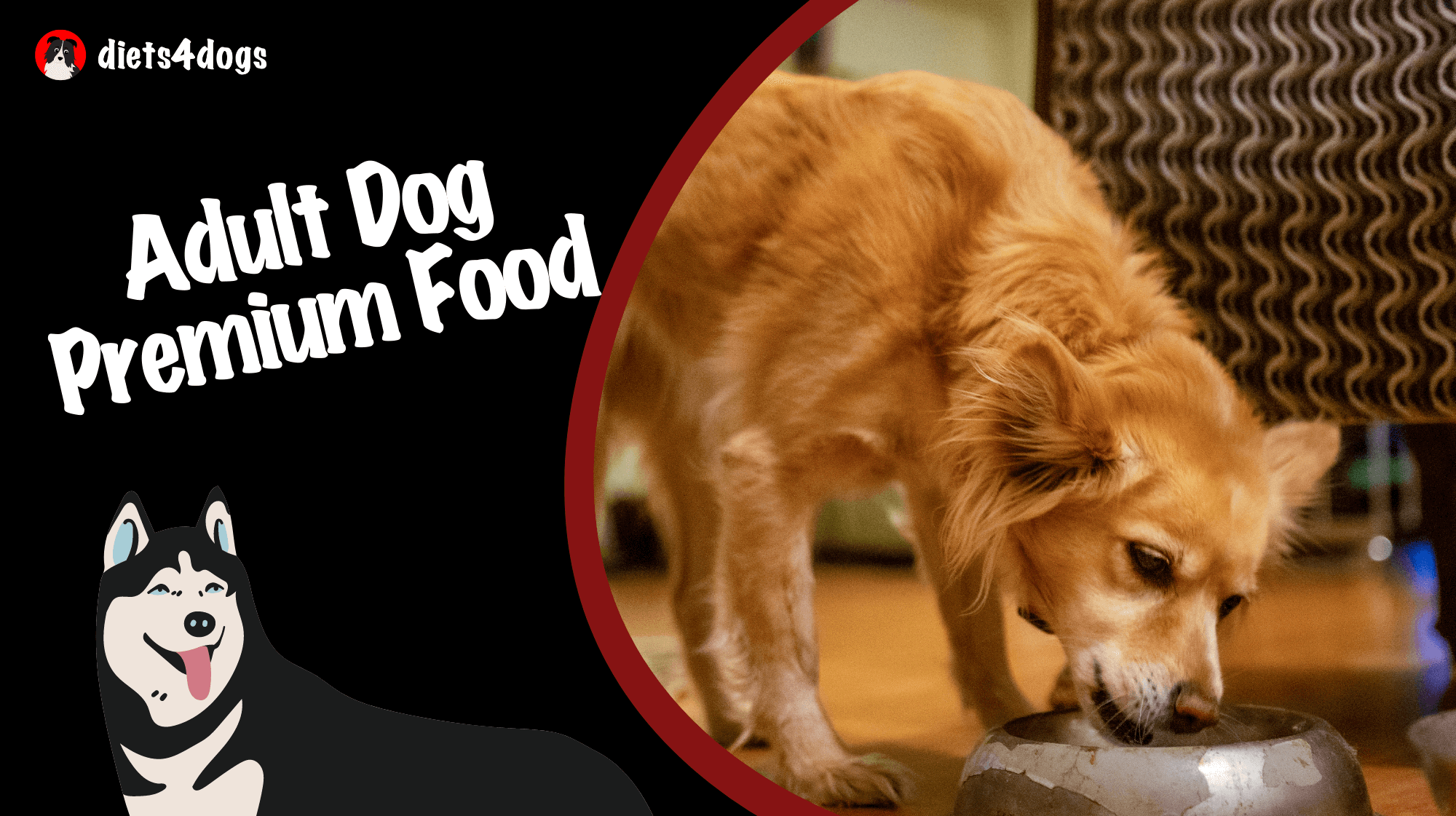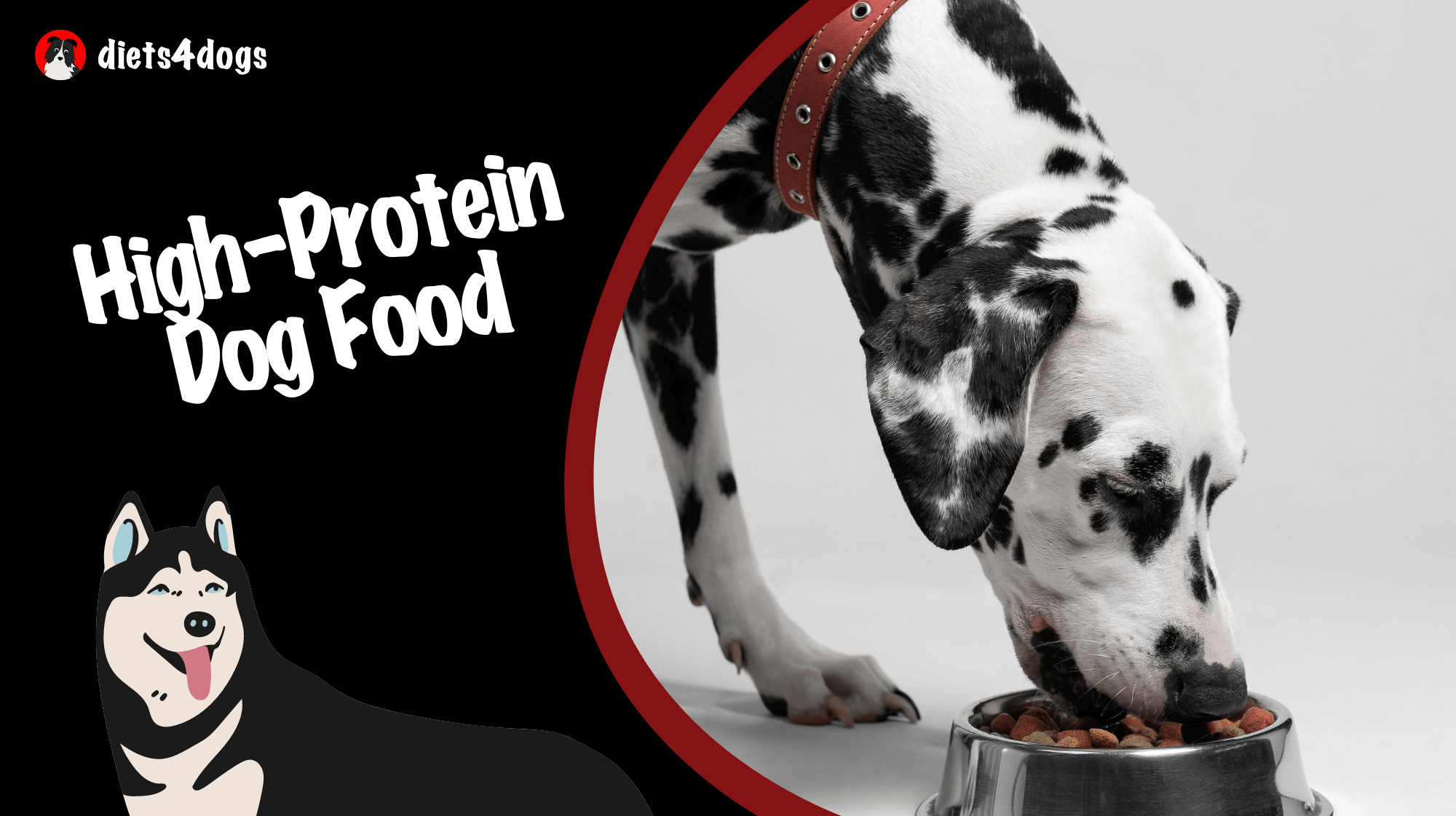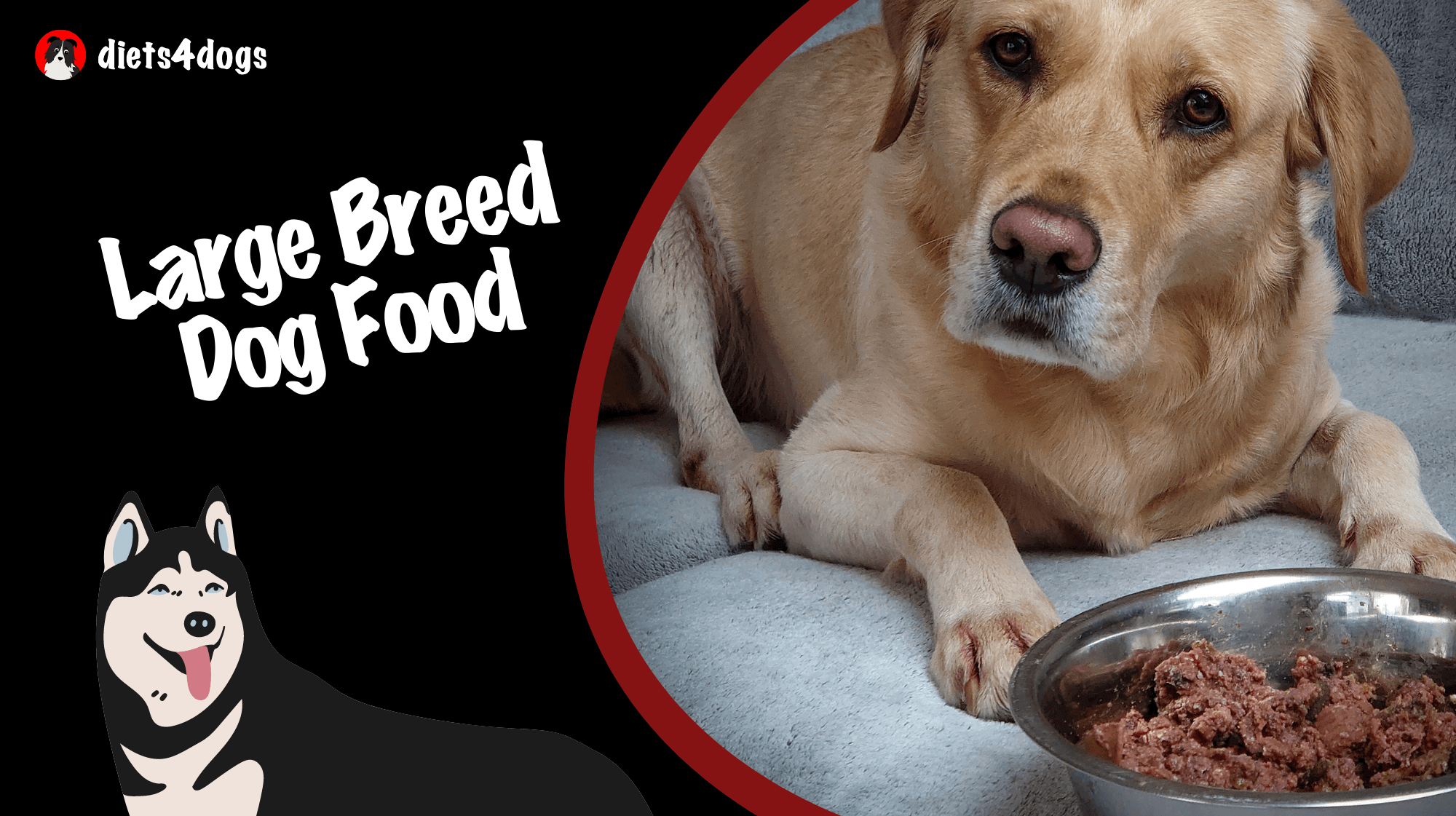As dedicated doggy parents, we want only the best for our furry friends, and that means providing top-notch nutrition! 🐾 Say ‘hello’ to limited ingredient dog food, a premium choice that’s gaining popularity amongst the canine connoisseurs. Specifically designed for pups with food sensitivities or allergies, this dog food hero comes to the rescue by simplifying the recipe and focusing on high-quality essentials. In this fun, informative blog post, we’ll delve into the wonderful world of limited ingredient dog food, discuss its many benefits, and walk you through the doggy aisle on how to select the optimal premium options that’ll keep your pet’s tail wagging and their health thriving. Get ready to embark on a drool-worthy adventure! 🦴
Limited Ingredient Dog Food: Unpacking the Premium Choice
Limited ingredient dog food is a premium choice that focuses on using fewer, higher-quality ingredients to cater to dogs with food sensitivities or allergies. By simplifying the recipe with a single protein source and easily digestible carbohydrates, this dog food option aims to minimize the risk of triggering adverse reactions, ultimately supporting your pet’s overall health and well-being.
Why Limited Ingredient Dog Food?
In recent years, many pet parents have started to notice the benefits of feeding their furry companions premium dog food, especially if their pups struggle with food sensitivities or allergies. Limited ingredient dog food comes into play in these scenarios, providing relief and quality nutrition without harming your dog’s health.
Food Sensitivities and Allergies in Dogs
Dogs can develop sensitivities or allergies to particular ingredients in their food, just like humans. Food sensitivities manifest as intolerance to certain ingredients, while allergies are more severe immune system reactions. Symptoms of food sensitivities and allergies in dogs may include itchy skin, ear infections, gastrointestinal upset, and more.
Focus on Quality over Quantity
By using fewer but higher-quality ingredients, limited ingredient dog food recipes minimize the risk of adverse reactions in dogs with sensitivities or allergies. These recipes typically include a single protein source and easily digestible carbohydrates to provide optimal nutrition while reducing the chances of irritating your pup’s system.
Benefits of Limited Ingredient Dog Food
Easily Identifiable Ingredients
Limited ingredient diets make it easier for pet parents to identify which ingredients may be causing their dog’s sensitivities or allergies. With fewer components to consider, you can more quickly pinpoint problematic ingredients and avoid them in future feeding.
Promotes Optimal Gut Health
By using easily digestible carbohydrates and a single protein source, limited ingredient dog food promotes better gut health for your pooch. This improved gut health can result in reduced gastrointestinal upset, better digestion, and increased nutrient absorption.
Simple Transition Between Recipes
Due to their straightforward ingredient lists, limited ingredient dog foods make it easier to transition to new foods. When trying to find the best diet for your dog, especially when addressing food sensitivities, changing between limited ingredient options helps simplify the process and keep your pup’s tummy happy.
Choosing the Best Limited Ingredient Premium Dog Food
Consider Your Dog’s Unique Needs
Every dog is different, so it’s crucial to consider your pooch’s specific needs when choosing a limited ingredient dog food. Factors like breed, age, size, and activity levels should all be taken into account while selecting the ideal recipe.
Identify High-Quality Sources of Protein
Look for limited ingredient dog foods that list a high-quality protein source, such as chicken, beef, or fish, as their first ingredient. This guarantees that your pup is getting the essential nutrients they need for a balanced diet and overall health.
Seek Trusted Brands and Manufacturers
When it comes to your dog’s health, it’s vital to trust the source. Look for limited ingredient dog food brands with a good reputation for using exceptional, responsibly sourced ingredients while maintaining high manufacturing standards.
Read and Understand Labels
Take the time to read and comprehend dog food labels. Familiarize yourself with terms commonly used in the pet food industry, so you can make more informed decisions about what you’re feeding your pup.
Experiment and Consult Your Veterinarian
Don’t be afraid to try different limited ingredient dog food options if your dog isn’t responding well to one recipe. Keep an open line of communication with your veterinarian, as they can provide invaluable guidance on managing your dog’s food sensitivities or allergies and ensuring optimal nutrition for your furry friend.
The Role of Limited Ingredient Dog Food in Dog Nutrition
A well-balanced diet is critical to maintaining overall health in our canine companions. Limited ingredient dog food can play a significant role in the world of dog nutrition by providing a targeted, high-quality diet ideal for dogs with specific needs. Not only does this type of dog food offer relief for pets with food sensitivities and allergies, but it also ensures that these dogs receive the essential nutrients to support their well-being.
Grain-Free vs. Limited Ingredient Diets
It’s important to understand the difference between grain-free and limited ingredient diets, as they cater to different needs. Grain-free dog food focuses on replacing grains with alternative sources of carbohydrates, such as legumes, potatoes, or peas. This type of dog food can be particularly beneficial for dogs allergic or sensitive to grains. However, it’s essential to recognize that grain-free dog food might still contain an extensive ingredient list, potentially including allergenic proteins.
In contrast, limited ingredient dog food recipes focus on minimizing the number of components and providing a single protein source. While many limited ingredient diets are also grain-free, the critical distinction lies in the simplified ingredient list, which aims to reduce potential allergens for dogs with sensitivities or allergies.
Do Regular Dogs Benefit from Limited Ingredient Dog Food?
You might wonder whether limited ingredient dog food can be a suitable option for dogs without food sensitivities or allergies. The answer is yes! A limited ingredient diet can still provide complete and balanced nutrition for healthy dogs. Additionally, choosing high-quality limited ingredient dog food ensures that your pet consumes a simpler, wholesome diet made from recognizable and natural ingredients.
The Environment and Sustainability Concerns
As pet parents increasingly seek sustainable food options for their furry friends, premium dog food companies have started to pay more attention to the environmental impact of their products. Limited ingredient dog food has the potential to be a more sustainable option, as it typically involves fewer ingredients and more responsible sourcing. Opt for brands that prioritize environmentally-friendly practices, transparent supply chains, and the use of locally-sourced ingredients to make a positive impact on the environment while meeting your dog’s nutritional needs.
Frequently Asked Questions about Limited Ingredient Dog Food
As you explore the world of limited ingredient dog food, you may have questions about its suitability for your pet, potential benefits, and how to choose the best option. Check out these frequently asked questions (FAQ) to gain more insight and make an informed decision about limited ingredient dog food for your furry friend.
1. What is limited ingredient dog food?
Limited ingredient dog food is a type of premium dog food that uses fewer, higher-quality ingredients. It is designed for dogs with food sensitivities or allergies and focuses on a single protein source and easily digestible carbohydrates to minimize the risk of triggering adverse reactions.
2. Why should I choose limited ingredient dog food for my dog?
For dogs with food sensitivities or allergies, limited ingredient dog food provides a simpler diet with easily identifiable ingredients, reducing the risk of adverse reactions. Even for dogs without allergies, this type of dog food ensures a wholesome and natural diet with high-quality ingredients.
3. What should I look for when selecting a limited ingredient dog food?
Consider your dog’s unique needs, including breed, age, size, and activity level. Look for a high-quality protein source, trusted brands, and manufacturers, and take the time to read and understand the labels on dog food packages.
4. Can healthy dogs without allergies benefit from limited ingredient dog food?
Yes. Limited ingredient dog food can provide complete and balanced nutrition for healthy dogs and promote a simpler, wholesome diet made from recognizable and natural ingredients.
5. How is limited ingredient dog food different from grain-free dog food?
Grain-free dog food replaces grains with alternative sources of carbohydrates, while limited ingredient dog food focuses on simplifying the ingredient list, often including a single protein source. Many limited ingredient diets are also grain-free, but the crucial distinction is the reduced number of components to minimize potential allergens.
6. Is limited ingredient dog food suitable for puppies?
Yes, limited ingredient dog food can be suitable for puppies. However, make sure to select a recipe that meets the specific nutritional requirements for your puppy’s breed, size, and age. When in doubt, consult your veterinarian for guidance.
7. Can limited ingredient dog food support weight management?
Limited ingredient dog food can support weight management for some dogs, especially if the selected recipe is designed for calorie control. If weight management is a concern, consult your veterinarian for recommendations on suitable limited ingredient options.
8. How long should I feed my dog a limited ingredient dog food?
If your dog benefits from a limited ingredient diet and experiences improved health, you can continue to feed them this type of dog food indefinitely. It’s essential to monitor your dog’s well-being and keep an open dialogue with your veterinarian for guidance on your dog’s nutritional needs.
9. Can I give my dog treats if they are on a limited ingredient diet?
Yes, you can provide treats, but it’s crucial to choose treats that align with the limited ingredient diet guidelines. Ensure that the treats are made from high-quality, easily-identifiable ingredients that are unlikely to trigger your dog’s food sensitivities or allergies.
10. Can I prepare limited ingredient dog food at home?
Yes, you can create limited ingredient dog food at home, but it’s essential to consult your veterinarian for guidance on formulating a balanced and complete diet that meets your dog’s nutritional needs. Homemade recipes should contain high-quality protein sources and easily digestible carbohydrates, while avoiding common allergens.

